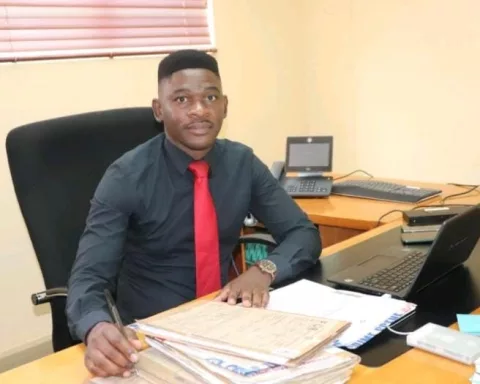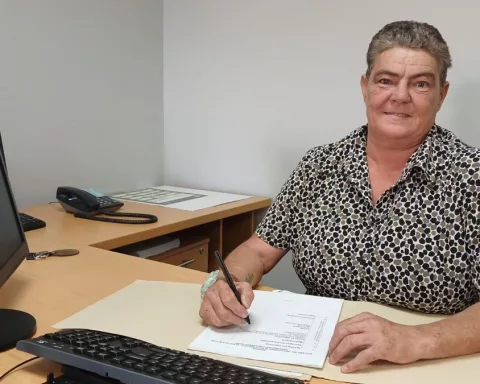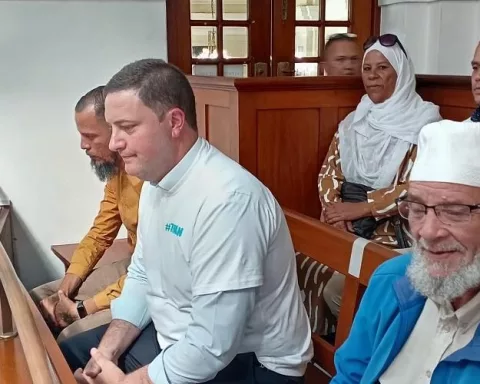The case against Zaid Isaacs, a rehab owner accused of murdering Igshaan Philander, has been provisionally withdrawn, leaving Philander’s family members feeling dismayed and disappointed. Isaacs owned and operated Synergy Rehabilitation and Upliftment Centre in Ruyterwacht. His co-accused, Vuyani Kedama, Moegamat Ishmail Jones, and Moegamat Rafiek Ishmail, were also arrested in connection with Philander’s death.
Philander’s Murder
Philander’s bludgeoned body was discovered in Philippi, just one day after his family received information that he had run away from the rehab facility. In a chilling twist, it was later revealed that Philander had not run away at all and was subjected to torture and ultimately beaten to death on the rehab property.
The Gruesome Details
Gruesome details of Philander’s ordeal emerged during bail hearings at the Goodwood Magistrates’ Court. Jones and Ishmail were instructed to dump the body and clean Isaac’s vehicle. The indictment states that Philander was held captive at the centre for two days, enduring unspeakable acts of torture. The four accused men allegedly assaulted him using their fists and a hammer, doused him with hand sanitizer, set him alight, and then used a rope to hang him.
Isaacs Release
Isaacs successfully appealed for bail at the high court and was released on R10,000 bail, whereas his co-accused were denied bail. However, Isaacs went on the run in March and has since failed to attend numerous pre-trial hearings. As a result, a warrant for his arrest was issued, and his bail was revoked. His lawyer has also withdrawn from the case.
Philander’s Family and Community
Rashaad Philander, Igshaan’s father, expressed the family’s disbelief and disappointment at the court’s decision to provisionally withdraw the case. The Philander family, along with the local community, believe Isaacs’ flight from justice is proof of his guilt. They desperately seek closure and justice for Igshaan but feel let down by the legal system.
Legal System’s Response
Eric Ntabazalila, spokesperson for the National Prosecution Authority, confirmed the provisional withdrawal of the case. He explained that once Isaacs is arrested, the matter will be re-enrolled. Until then, Philander’s family and the community are left grappling with the frustrating reality of a case stalled by an elusive suspect and the seemingly inadequate response of the legal system.












